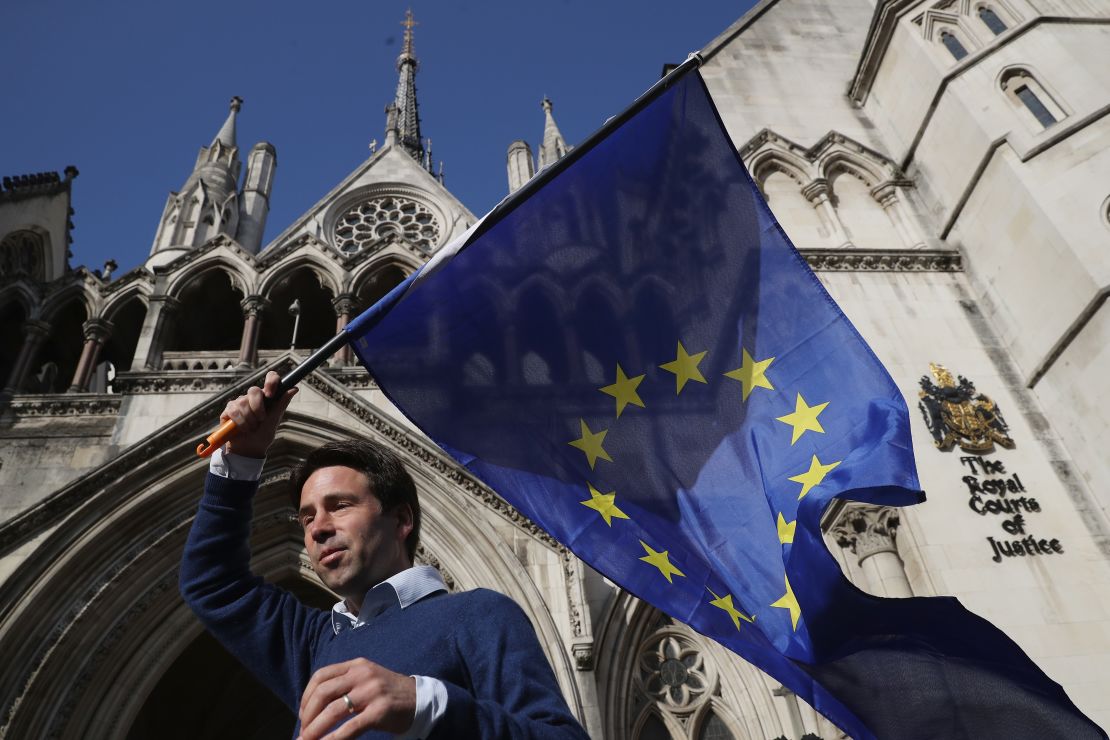United States President-elect Donald Trump will have a lot of global challenges to deal with, and Europe is one of them. Here’s what you need to know.
Trump’s take on Europe
“People want to take their country back and they want to have independence in a sense, and you see it in Europe, all over Europe,” Trump said on June 24, the day after the UK voted to leave the EU. “They want to take their borders back, they want to take their monetary back. … I think you’re going to have this more and more.”
One statistic that sums up Europe
The rate of economic growth in the European Union is currently forecast to be 1.8% in 2016 and 1.9% in 2017. At the same time, the European Central Bank is continuing its quantitative easing program by buying €80 billion in bonds until next March at least. All the while, the rate of unemployment in the EU is 8.6%.
I throw these numbers at you because they are the clearest sign that although the economic situation in the EU is improving, it still has a long way to go – especially with the US growing at a faster rate, the US central bank considering raising rates (not cutting them), and the unemployment figure hovering around half the EU number.
The economic challenges facing the EU remain considerable, especially if the Union is to play its full role as a global partner in creating faster and sustainable economic growth. And there is always the possibility of another calamity. Let us not forget:
1. Brexit
2. Elections in Germany and France in 2017
3. Greece and the issue of debt relief
4. Constitutional reform in Italy
Any one of these issues has the potential to sink the Union into despair and disarray.
What should be Trump’s priority on Europe in the first 100 days?
The first issue for Trump will be what to do about the Transatlantic Trade and Investment Partnership – the gargantuan free trade deal being negotiated between the EU and US.
European politicians have already been leaking that the deal is pretty much off the rails, and the President-elect will have to decide if it’s worth pursuing a trade deal that - at best - is going to run into fierce opposition.
In the current anti-globalization environment, TTIP is swimming against the tide. Trump has expressed reservations about these giant deals. Since he came out against the Asian treaty TPP, it is highly unlikely that the President-elect would expend political capital on its European counterpart. For now, TTIP is dead.

The other issue of course is Brexit.
Trump has already rejected President Obama’s comment that the UK would have go to the back of the queue in negotiating a free trade deal with the US. He said the UK would be at the front of the line for such a deal.
It is possible that once Brexit comes around, the longstanding traditional close ties (yes, the dreaded “special relationship”) between the US and UK would mean some sort of negotiation would take place sooner rather than later, especially if TTIP collapses. But always remember: There is no overarching trade treaty with the US at the moment for Europe, so a failure here would not be devastating.
Finally – elections, elections, elections. Having just won an election himself, Trump will be sympathetic to French President Francois Hollande and German Chancellor Angela Merkel, who both go to the polls in 2017. The tricky part is now to give something to their friends without taking sides. Expect very little to be done during a febrile election year where Brexit dominates the European agenda. The US watches from the wings and waits.
Where will US-Europe relations be at the end of Trump’s first term?
Militarily, all eyes will be on how Trump interacts NATO.
Economically, the US will remain stronger, with faster growth and lower unemployment.
Politically, Europe will just be coming out of Brexit. The EU will still be deciding what its reformed role will be – and much of that depends on how the public react to the changes.
Oh and on trade – maybe, just maybe, there is some sort of US-EU trade agreement. But I wouldn’t bet on it.




